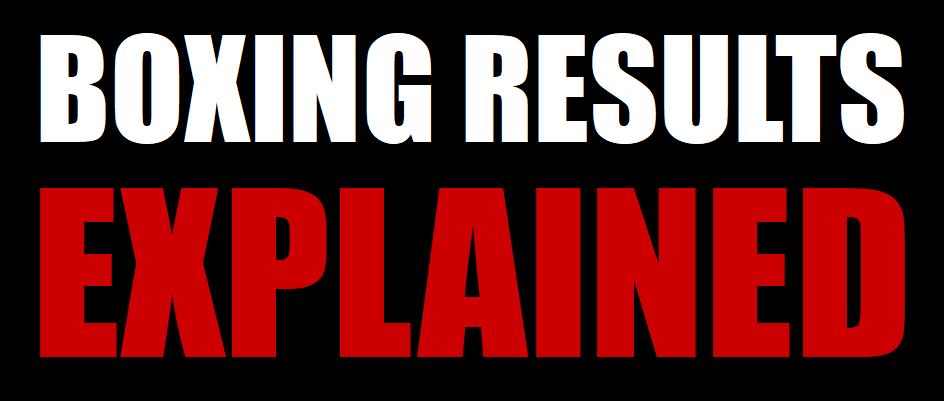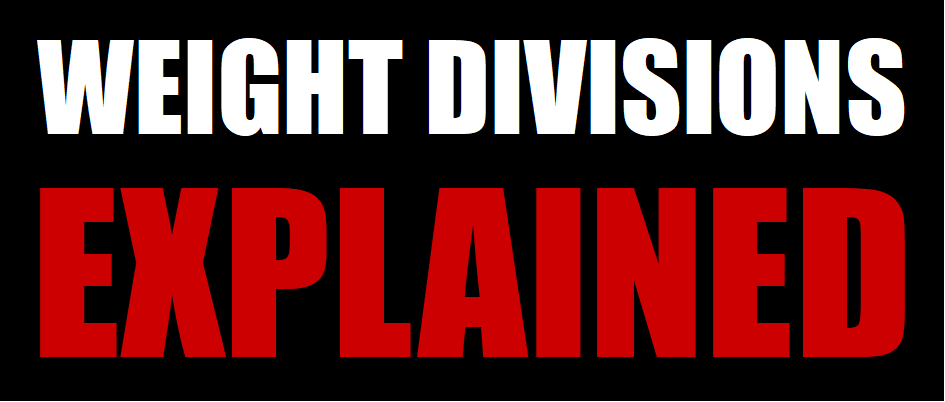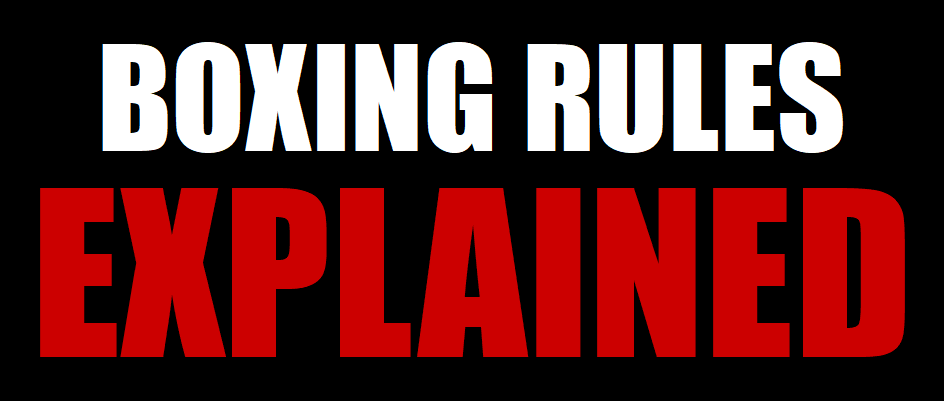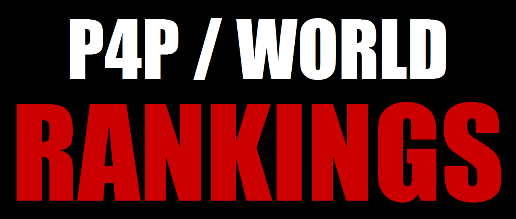A simple guide to finally clear up why there are so many sanctioning bodies, champions and titles present in the sport of boxing.
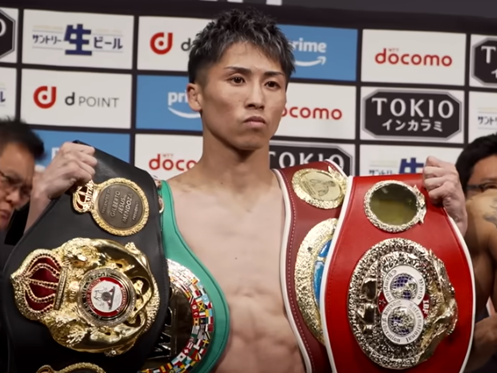
Since the early 1980s, the boxing landscape has become increasingly saturated with confusing world titles. Otherwise known as boxing’s ‘alphabet soup’.
But why so many? Why not just have one per weight division instead?
Money is one of the likely reasons, as sanctioning bodies stand to make a whole lot more revenue by offering more than just a single belt. Plus, the more boxing events there are with ‘world title’ on the poster, the greater the hype and ticket sales.
For the record, there is currently a huge number of titles in existence – somewhere around 100 or so (taking into account the various sanctioning bodies). The result: multiple world champions, a diluted championship landscape, and yes, confusion.
So what do all those championship belts mean exactly? Since there are now several sanctioning bodies, increasingly less is probably the answer.
For objectivity’s sake, we’ll now concentrate on the general practices of the five major sanctioning bodies (WBC, WBA, WBO, IBF & RING) as we delve into what the different types of world boxing champions are today.
World Boxing Champion Types
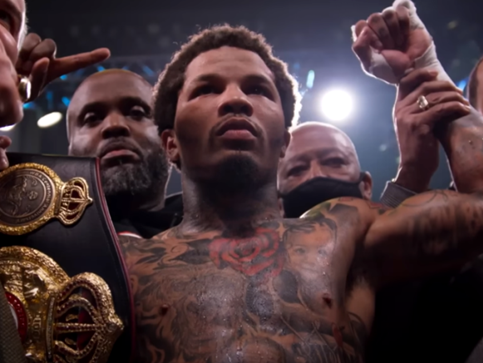
Note: The following should be read as a general guide only as each sanctioning body has its own rules and policies (which can change over time) regarding championship status.
For a specific breakdown according to each body, read on after this section.
Super Champion
A ‘Super’ champion is a boxer who has captured a title, such as the WBC, but also holds another or multiple titles.
Example: They hold the WBC, along with the WBA, or have unified the division (holding the WBC, WBA, WBO and IBF, for instance). This boxer has been upgraded from a ‘Regular’ champion (single titlist) to ‘Super’.
Also, with some sanctioning bodies, a ‘Regular’ champion can become ‘Super’ in certain cases by defending that one belt 5 times.
Regular Champion
A ‘Regular’ champion is a boxer who has captured a single belt only.
Example: They have just captured the WBC title and currently possess no other belts.
While a ‘Regular’ champion is a fully-fledged titlist, they can only be elevated to ‘Super’ champion if they capture an additional title, such as the WBO, in the same weight class (see ‘Super’ above).
Interim Champion
An ‘Interim’ champion is a boxer who has captured a temporary version of a world title which became available due to the full titleholder being unable to defend theirs (due to injury or another circumstance).
Example: A WBC champion, due to a continuous shoulder injury, could not defend his title against his mandatory challenger, and so the WBC ‘Interim’ title became available for the challenger to capture.
In other words, an ‘Interim’ champion is a temporary top dog who holds a version of a world title while the fully-fledged champion is recovering.
WBC, WBA, WBO, IBF & RING Champions (with examples)
Below is a list of how the five major sanctioning bodies represent their champions, along with an idea of how they look (example: Heavyweights, June 6, 2024).

WBC
Champion: Oleksandr Usyk
Champion in Recess (Interim): Vacant
WBA
Super Champion: Oleksandr Usyk
World (Regular) Champion: Mahmoud Charr
Interim Champion: Vacant
WBO
Super Champion: Oleksandr Usyk
Regular Champion: Vacant
Interim Champion: Joseph Parker
IBF
Champion: Oleksandr Usyk
Interim Champion: Daniel Dubois
RING
Champion: Oleksandr Usyk
Champion Types at a Glance
| Sup. | Reg. | Inter. | |
| WBC | – | Yes | Yes |
| WBA | Yes | Yes | Yes |
| WBO | Yes | Yes | Yes |
| IBF | – | Yes | Yes |
| RING | – | Yes | – |
If you’re still confused, it’s probably easier to just consider the Super Champion as the division top dog, and if one doesn’t yet exist, the ‘Regular’ champion. Consider the ‘Interim’ boxer a world champion in waiting – a somewhat boosted contender.
(Note: In Boxing Base’s Rankings, we will typically consider a bodies’ Super Champion as the champion, and therefore refer to him as ‘Champion’ only. This is merely to avoid confusion for readers.)
The most recognized sanctioning bodies of today are the WBC, WBA, WBO, IBF and RING, with other less recognized bodies including the IBO. Here’s some brief info about the main four:
- WBC (World Boxing Council) – est. 1963, HQ in Mexico City, Mexico
- WBA (World Boxing Association) – est. 1962, HQ in Panama City, Panama
- WBO (World Boxing Organization – est. 1988, HQ in San Juan, Puerto Rico
- IBF (International Boxing Federation) – est. 1983, HQ in New Jersey, US
- RING (The Ring Magazine) – est. 1922, HQ in Los Angeles, California
As with any of these organizations, opinion will dictate which you prefer to place your faith in when it comes to assessing their chosen champions, mandatory challengers, and Top 15 rankings overall.
So Who Are the Real World Boxing Champions?

Well, there aren’t many ‘true’ world boxing champions (since unification bouts rarely happen these days). And since boxing, after all, doesn’t function within a league system like many other sports, it’s typically not so cut and dry.
The best way to decide who boxing’s greatest boxers are is to perhaps just decide for yourself, using titles as a means of guidance rather than proof.
Consider that there are a vast number of world champions active at any given time, some of which may seem questionable. There can therefore be suspicion in the air, in which case you could ask yourself a couple of things about a boxer to ascertain his championship legitimacy, like:
- Who did he beat to win the title? (A dangerous boxer? An elite boxer? Or a strategically targeted ‘paper champion’?)
- Despite holding a title, is he really better than the division’s ‘dangerous/elite guy’ who is also perhaps being avoided right now?
In other words, is a champion a champion just because he has a belt? Or is it what he brings to the ring? That is the question, and we’ll leave you to figure that out when it comes to deciding who the real champions of boxing are.
If you still have questions about boxing world champions and title belts, visit our Contact, Facebook or Twitter pages.
Alternatively, you can check out more general boxing info using the banners below, or head over to our extensive Boxing FAQ.

